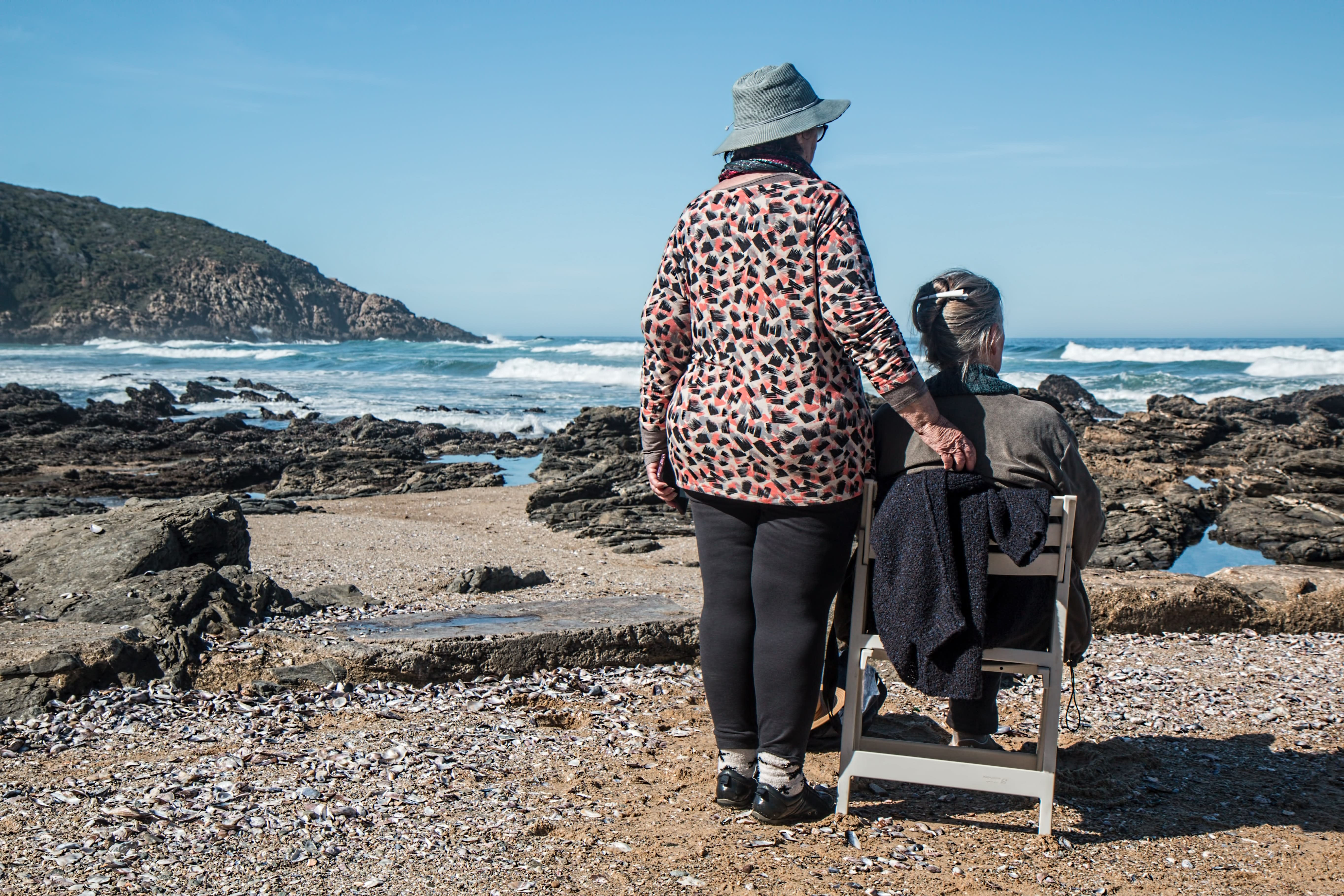By Allison Ostroff, MD
Alzheimer ’s disease is an often cunning and baffling phenomenon. More than 5 million Americans are living with it, and as many as 16 million will be diagnosed by 2050. As the world’s most common form of dementia, it’s often frustrating to know Alzheimer’s worsens over time and there is no cure. At this point, we ask ourselves, “How can I care for my loved one who’s afflicted with this disease?” The key is to first care for yourself. The following tips may provide comfort, hope and guidance.
1. Ensure your loved one has a good physician who can work with you to guide both your loved one and you through the progression of dementia.
2. Set reasonable expectations for yourself. You are but one person and cannot do it all alone
3. Remember that despite dementia, your loved one is still in there somewhere. Tell them you love them. Hold hands. Give them a hug. The affection is not only good for them but is good for you as well.
4. Don't be afraid to tell a white lie. Many patients with Alzheimer's disease have fixed beliefs and impaired judgment. It's okay to let them win the argument or even better to avoid having it.
5. You are a spouse, partner, son, daughter, or friend and NOT their home health aide. Outsource when possible to trained caregivers for things like personal hygiene. It is healthier for you and your loved one.
6. Read about Alzheimer's disease to manage your expectations. Seek out resources such as the local Alzheimer's association chapter to better understand what his coming.
7. Take time for you. Get out at least once a day alone. Even for a 10-minute walk or better for an hour. You cannot care for someone else unless you take care of yourself.
8. Find a local support group either through the Alzheimer's Association, a local assisted living facility or adult daycare, your place of worship or even create one amongst like-minded individuals. You need a safe space to vent.
9. Get out and exercise with your loved one. Exercise has been proven to help slow down memory loss and would benefit not only you but your loved one.
10. Plan for the future. Determine what your goals are. Is living at home feasible? Have you considered home care resources? You may want to take the first step and meet with an elder care lawyer to understand what your personal options are. A case manager may also be helpful in guiding you through the process. Prevent an emergency by having a financial plan despite how hard it may be.
Alzheimer ’s disease is an often cunning and baffling phenomenon. More than 5 million Americans are living with it, and as many as 16 million will be diagnosed by 2050. As the world’s most common form of dementia, it’s often frustrating to know Alzheimer’s worsens over time and there is no cure. At this point, we ask ourselves, “How can I care for my loved one who’s afflicted with this disease?” The key is to first care for yourself. The following tips may provide comfort, hope and guidance.
1. Ensure your loved one has a good physician who can work with you to guide both your loved one and you through the progression of dementia.
2. Set reasonable expectations for yourself. You are but one person and cannot do it all alone
3. Remember that despite dementia, your loved one is still in there somewhere. Tell them you love them. Hold hands. Give them a hug. The affection is not only good for them but is good for you as well.
4. Don't be afraid to tell a white lie. Many patients with Alzheimer's disease have fixed beliefs and impaired judgment. It's okay to let them win the argument or even better to avoid having it.
5. You are a spouse, partner, son, daughter, or friend and NOT their home health aide. Outsource when possible to trained caregivers for things like personal hygiene. It is healthier for you and your loved one.
6. Read about Alzheimer's disease to manage your expectations. Seek out resources such as the local Alzheimer's association chapter to better understand what his coming.
7. Take time for you. Get out at least once a day alone. Even for a 10-minute walk or better for an hour. You cannot care for someone else unless you take care of yourself.
8. Find a local support group either through the Alzheimer's Association, a local assisted living facility or adult daycare, your place of worship or even create one amongst like-minded individuals. You need a safe space to vent.
9. Get out and exercise with your loved one. Exercise has been proven to help slow down memory loss and would benefit not only you but your loved one.
10. Plan for the future. Determine what your goals are. Is living at home feasible? Have you considered home care resources? You may want to take the first step and meet with an elder care lawyer to understand what your personal options are. A case manager may also be helpful in guiding you through the process. Prevent an emergency by having a financial plan despite how hard it may be.
Featured Expert/ Author






